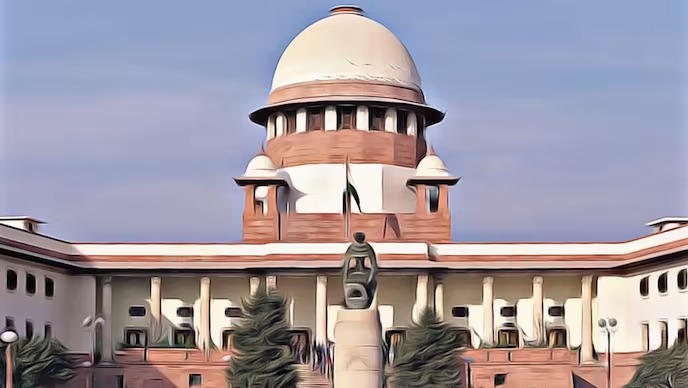Vishnu Sahai, J.@mdashHeard counsel for the parties.
Through this writ petition preferred under Article 226 of Constitution of India the Petitioner-detenu has impugned the order dated 16.1.2002 passed by I Ind Respondent Mr. Hari Ram, District Magistrate, Bahraich, detaining him under Sub-section (2) of Section 3 of the National Security Act.
The detention order along with grounds of detention which are also dated 16.1.2002 was served on the Petitioner detenu on 16.1.2002 itself and their copies have been annexed as Annexures-1 and 2 respectively to the petition.
2. Since in our view, for the adjudication of pleadings contained in paras 17 and 18 of the petition and ground (g) of para 34 thereof, on which this petition deserves to succeed, it is not necessary to advert to the prejudicial activities of the Petitioner-detenu contained in the grounds of detention, we are not adverting to them. The pleading, in sum and substance, as contained in the said paras and ground is that the detaining authority did not communicate to the Petitioner detenu, in the grounds of detention, that he had a right to make representation to him within 12 days of the date of issuance of the detention order or its approval by the State Government, whichever was earlier.
3. The pleadings contained in paras 17 and 18 of the grounds of detention and ground (g) of para 34 have been replied to in paragraphs 13 and 15 of the affidavit of Detaining Authority (District Magistrate, Bahraich). In paragraph 13, a vague reply has been furnished, namely, that the rights available to the Petitioner under the National Security Act and Constitution of India were communicated to him. In para 15, it has been stated that since the activities of the Petitioner disturbed public order, the impugned detention, issued against him was justified in law.
4. We have given our consideration to the averments contained in rival returns and make no bones in observing that the reply of the detaining authority to the averments contained in paras 17 and 18 of the petition and ground (g) of para 34 of the petition, is evasive. We wish to emphasise that where a categorical pleading has been made, the detaining authority is under an obligation, in his return, to reply to it specifically and if he furnishes an evasive reply, as is the case here, this Court would have no compunction in quashing the detention order.
We may also mention that apart from the fact that the detaining authority in his return has not repudiated the averments contained in paras 17 and 18 of the petition and ground (g) of para 34 therein, we ourselves went through the grounds of detention and found that the detaining authority has not communicated to the detenu his right to make a representation to him.
5. We may mention that the Supreme Court in the case ofState of Maharashtra and Ors. v. Santosh Shankar Acharya 2001 (1) ACR 453 (SC): 2000 SCC 1400, in a preventive detention under Maharashtra Prevention of Dangerous Activities of Slumlords, Bootleggers, Drug Offenders and Dangerous Persons Act, 1981 (M.P.D.A. Act, 1981), in para 6, has held that till the detention order is approved by the State Government, the detenu will have a right to make a representation to the detaining authority and non-communication of this right to the detenu would constitute an infraction of the valuable constitutional right guaranteed to the detenu under Article 22(5) of the Constitution and would make the order of detention invalid. We feel it pertinent to mention that a perusal of the judgment of the Supreme Court shows that it reached this conclusion after examining the provisions contained in Sections 3, 8 and 14 of M.P.D.A. Act. It is pertinent to mention that provisions contained in Sections 3, 8 and 14 of the National Security Act are analogous to those contained in Sections 3, 8 and 14 of the M.P.D.A. Act and in view of the trite what is good for the goose is also good for the gander the aforesaid decision of the Supreme Court would apply to the present case.
6. Since in the instant case, a perusal of the grounds of detention shows that the detenu was not communicated, by the detaining authority, his right to make a representation to him, we are left with no other option but to allow the writ petition.
7. In the result, we allow the writ petition, quash and set aside the detention order dated 16.1.2002 and direct that the Petitioner be released forthwith unless wanted in some other case.

